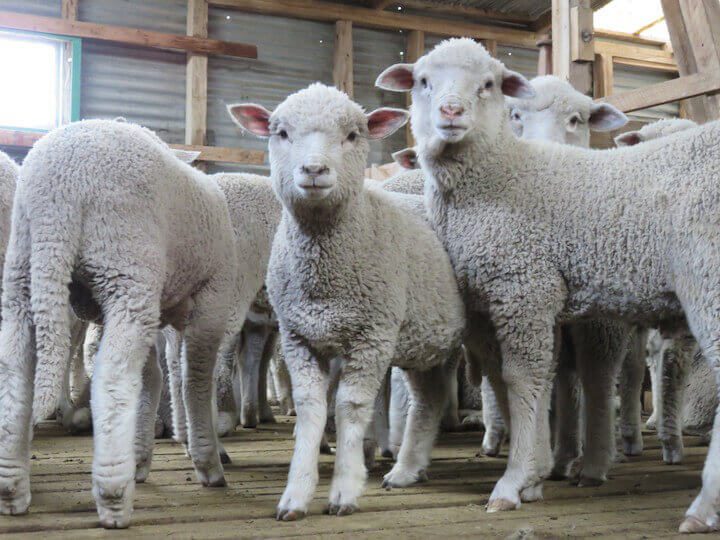Last update on: 6:46 pm November 18, 2022 by fashionabc
Earlier this week, animal rights group ‘People for the Ethical Treatment of Animals’ <PETA> announced that it will award $1 million to the first individual or small business to successfully develop ‘an innovative material that should be able to serve as a wool replacement that major apparel brands could incorporate into their clothing lines.’

Save A Sheep: Don’t Buy Wool! Image Source: PETA
Entrants to this competition are restricted to any individual, group or company with annual revenues of less than $30 million and they have until Jul. 28, 2023 to submit a fabric sample and production plan for their vegan wool substitute. Click link to know more about the application process. The material submitted should ‘look, feel, and perform like wool, with qualities that neutralize odor, retain body temperature, and wick away moisture; be a bio-based natural fiber or bioengineered fiber with a one hundred per cent traceable inputs; use industrial symbiosis (i.e., other industries’ waste) if possible; have low pilling once it’s been knit; have low fiber shedding; be soft to the touch; have the ability to be produced in multiple weights; have the ability to biodegrade and/or be recycled at the end of its life; have accompanying certifications, if available; and serve as a successful wool replacement in mainstream garment manufacturing.’ Once a material is approved, its creator will have to demonstrate its commercial appeal i.e. prove to the PETA panel’s satisfaction that he or she has the capability to manufacture the material in sufficient quantities to be sold as a standard inventory item in the U.S. by at least one of the top ten global clothing retail brands.
Per PETA, “No amount of fluff can hide the fact that anyone who buys wool supports a cruel and bloody industry. There are plenty of durable, stylish, and warm fabrics available that aren’t made from wool or animal skins. Please join the millions of people all over the world who know that compassion is the fashion. Save a sheep—don’t buy wool.”
Per BoF, “The challenge comes at a time of burgeoning innovation in the race to replace animal fibres with next-generation materials, which saw investment more than double to almost $1 billion in 2021, according to non-profit Material Impact Initiative. The fashion industry is also locked in an increasingly heated debate over the sustainability credentials of various natural animal fibres compared to vegan alternatives, which typically use synthetic, fossil fuel-derived fibres. Acrylic and polyester yarns, for example, are commonly used instead of wool to produce knitwear.”
Jasmeen Dugal is a Senior Writer at Businessabc.net and Editor at fashionabc.org, contributing her insights on fashion, technology, and sustainability. She brings with herself, more than two decades of editorial experience, working for national newspapers and luxury magazines.
Jasmeen Dugal has worked with exchange4media as a senior writer and then with Condenast India as Net Editor where she helmed Vogue India’s official website in terms of design, layout and daily content.
Besides this, she is also an entrepreneur running her own luxury portal www.explosivefashion.in, which highlights the latest in luxury fashion and hospitality.








